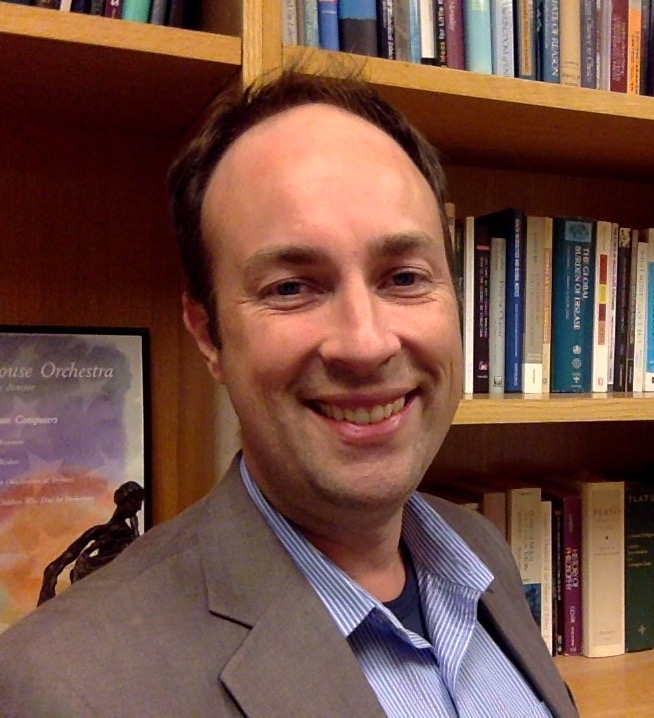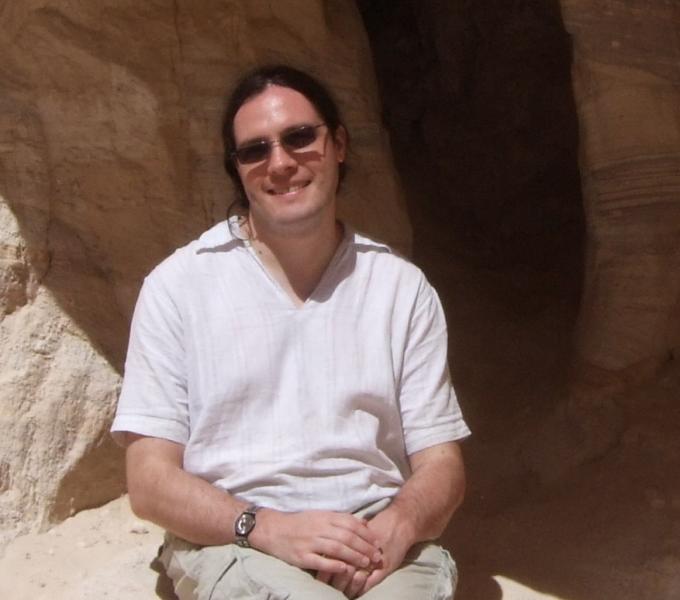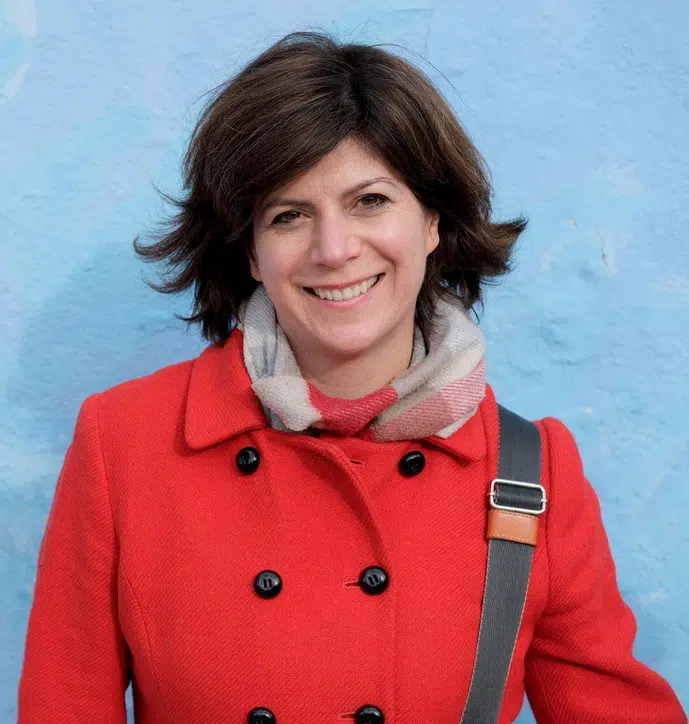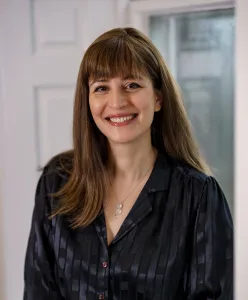PSA Office Hour
The PSA Office Hour aims to facilitate interactions between our graduate student membership and prominent philosophers of science, and in a more controlled, accessible, and carbon-conscious setting than is provided by our biennial conference. To this end, a theme will be chosen for each month during the Fall and Spring semesters and two philosophers of science will be made available, either individually or together, to graduate students via Zoom through online sign-up sheet posted at the bottom of this page. The students will select from the following categories that which best describes what they seek out of the opportunity:
- Input on dissertation topic choice
- Guidance on a problem occurring in own research
- Clarification on an issue within professor’s research
- Other (please describe)
and be invited to write a short paragraph in which they describe in more detail what they would like to discuss with the professor. Students from any institution, region, or at any stage of their graduate studies are welcome to attend. Where sessions receive more than 6 requests for participation a selection will be made to maximize thematic cohesion and promote resource redistribution.
Office hours will last up to 90 minutes and participants must be current members of the PSA. This opportunity is primarily for graduate students, but postdocs are free to apply as well. There are links to join future sessions, as well as to request / volunteer as a professor at the bottom of this page.
Please note: in the month of April we will be running a ‘careers spotlight’, in which philosophers of science who have gone on to have jobs outside of academic settings will be made available to discuss some alternative but rewarding potential career pathways from a philosophy of science PhD. For these sessions there is no need to provide a specific research question, but it would be helpful for the hosts if you describe what you most seek out of the session in the ‘Other’ field.
Upcoming Office Hours - 2025/2026
October: Political Philosophy of Science
S. Andrew Schroeder - Thursday October 9th 2025, 12pm EST

My research and teaching cover a range of topics in ethics, political philosophy, bioethics, the philosophy of disability, and the philosophy of science. Right now, I'm especially focused on promoting work in what I call the political philosophy of science: using concepts, tools, and methods drawn from political philosophy to shed light on the value-laden decisions scientists must make. These decisions - concerning, for example, how scientists should define contested terms like 'employment' or 'sexual assault'; how they should manage uncertainty; how they should set parameters like the economic discount rate; or how they should choose among statistical representations of their results - are commonly discussed by philosophers and other scholars of science using the concepts, tools, and methods characteristic of ethics. But, in many cases, the right thing to do in a substantive ethical sense can diverge from what is politically legitimate.
October: Philosophy of Physics
David Wallace - Wednesday October 22nd 2025, 12pm EST
My research interests are mostly in the philosophy of physics. I've been particularly active in trying to develop and defend the Everett interpretation of quantum theory (often called the "Many-Worlds Interpretation"); my book on the Everett interpretation, "The Emergent Multiverse", was published in June 2012. But I also have philosophical and conceptual interests in quantum mechanics, quantum field theory, statistical mechanics, general relativity, symmetry and gauge theory, and basically pretty much all of contemporary philosophy of physics. Outside philosophy of physics, I'm interested in emergence and reductionism, in structural realism, and in decision theory.
November: New Approaches to Realism
Michela Massimi and Mazviita Chirimuuta - Monday November 24th 2025, 12pm EST
I work in the area of history and philosophy of science with a focus on the physical sciences. I am a Fellow of the Royal Society of Edinburgh, the Royal Astronomical Society, elected member of the German National Academy of Sciences Leopoldina, corresponding Member of the Académie Internationale de Philosophie des Sciences and elected Member of the Academia Europaea.
I currently do research on the history and philosophy of the mind/brain sciences, and foundational topics in philosophy of cognitive science. I am the author of 'Outside Color' (2015) and 'The Brain Abstracted' (2024), both published with MIT Press.
December: Philosophy of AI
Atoosa Kasirzadeh and William D’Alessandro - Thursday December 4th 2025, 12pm EST
Atoosa is a philosopher and AI researcher with a track record of publications on philosophy, ethics, and governance of AI and computational sciences. Currently, she is an Assistant Professor at Carnegie Mellon University with joint affiliations in the Philosophy and Software & Societal Systems departments, a core member of the Institute for Complex Social Dynamics, and a part-time Research Scientist at Google DeepMind. During 2025-2027, Atoosa is the council member of the World Economic Forum’s Global Future Council on Artificial General Intelligence. Atoosa is also a 2024 Schmidt Sciences AI2050 Early Career Fellow, a Steering Committee Member for the ACM FAccT conference, and a program cho-chair for 2025 and 2026 conferences of the International Association for Safe and Ethical AI (IASEAI). Previously, she was a visiting faculty at Google Research, a Chancellor’s Fellow and Research Lead at the University of Edinburgh’s Centre for Technomoral Futures, a Group Research Lead at the Alan Turing Institute, a DCMS/UKRI Senior Policy Fellow, and a Governance of AI Fellow at Oxford. Atoosa holds two doctoral degrees: a Ph.D. in Philosophy of Science and Technology from the University of Toronto and a Ph.D. in Mathematics (Operations Research) from the École Polytechnique de Montréal. She holds a B.Sc. and M.Sc. in Systems Engineering. Her research combines quantitative, qualitative, and philosophical methods to explore questions about the societal impacts, governance, and future of AI and humanity.
William D'Alessandro received a PhD in philosophy and MS in mathematics from the University of Illinois Chicago. His primary research interests are in philosophy of science and math, epistemology, aesthetics and philosophy of artificial intelligence. One major strand of his work focuses on explanation, understanding, models, proofs, and what we can learn about these things from studying scientific practice. Another strand focuses on the impacts of increasingly powerful AI systems on our lives and institutions. His papers have appeared in journals like Philosophers' Imprint, Philosophical Studies, The British Journal for the Philosophy of Science, Episteme and The British Journal of Aesthetics; they've received a BJPS Editor's Choice Award, the APA's Routledge, Taylor & Francis article prize and other honors.
Join Us!
Student Signup Form
Request a Professor
Professor Volunteer Form
Please direct any questions to director@philsci.org
Selected previous PSA Office Hours
January 2024: Feminist Philosophy of Science with Carla Fehr and Alison Wylie
January 2024: Philosophy of Medicine with Anya Plutynski and Sabine Leonelli
October 2023: Philosophy of Biology with Roberta Millstein and Michael Dietrich
October 2023: Philosophy of Evolution with Elizabeth Lloyd
September 2023: Philosophy of Causation with James Woodward
September 2023: Philosophy of Mechanism with Lindley Darden and Arnon Levy
June 2023: Science and Values with Heather Douglas
June 2023: Science and Values with Matt Brown
May 2023: Philosophy of Physics with David Wallace
April 2023: Philosophy of Science with John Norton
September 2024: Philosophy of Climate Science with Wendy Parker and Greg Lusk
October 2024: Careers Spotlight, Clinical Ethics with Dr. Thomas Cunningham
November 2024: Philosophy of Psychology with Carrie Figdor and Sarah Robins
January 2025: Engaged Philosophy of Science with Kevin Elliott and Katie Plaisance
February 2025: Philosophy of Psychiatry with Serife Tekin and Jonathan Tsou
March 2025: Epistemology of Scientific Communities/Social Epistemology with Cailin O'Connor
April 2025: Philosophers of Sciece in Industry: Biotechnology, Medical Affairs, and AI with Mikio Akagi, Suzanne Kawamleh, Nick Zatura, Michael Thornton, Cheryl Lancaster, Grace Field, and Mahi Haradalupus




